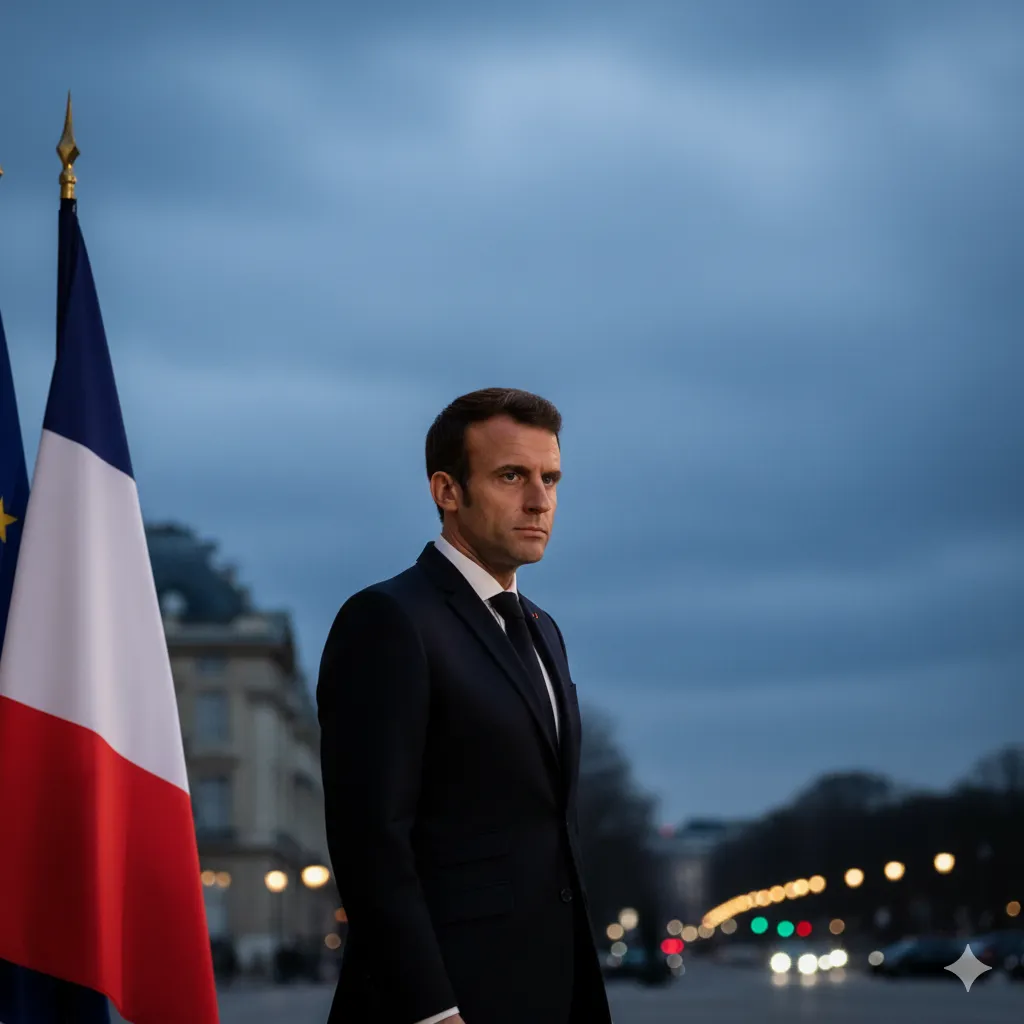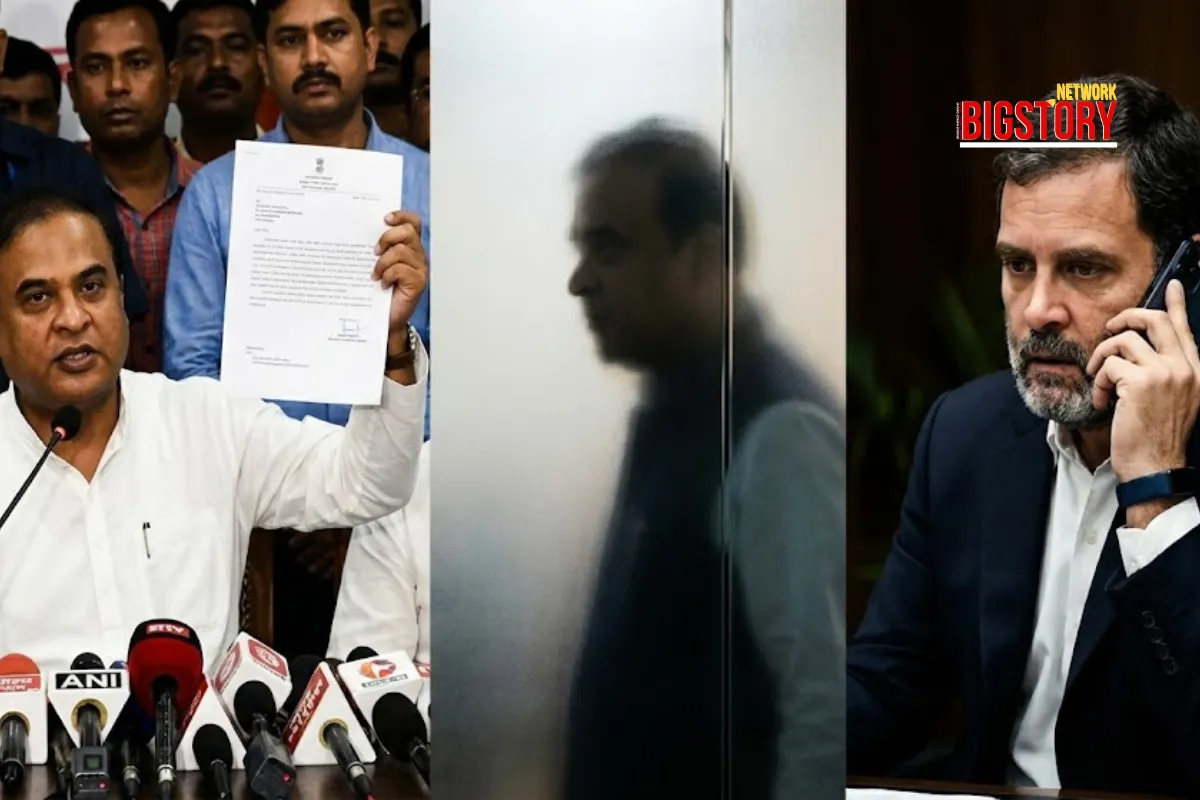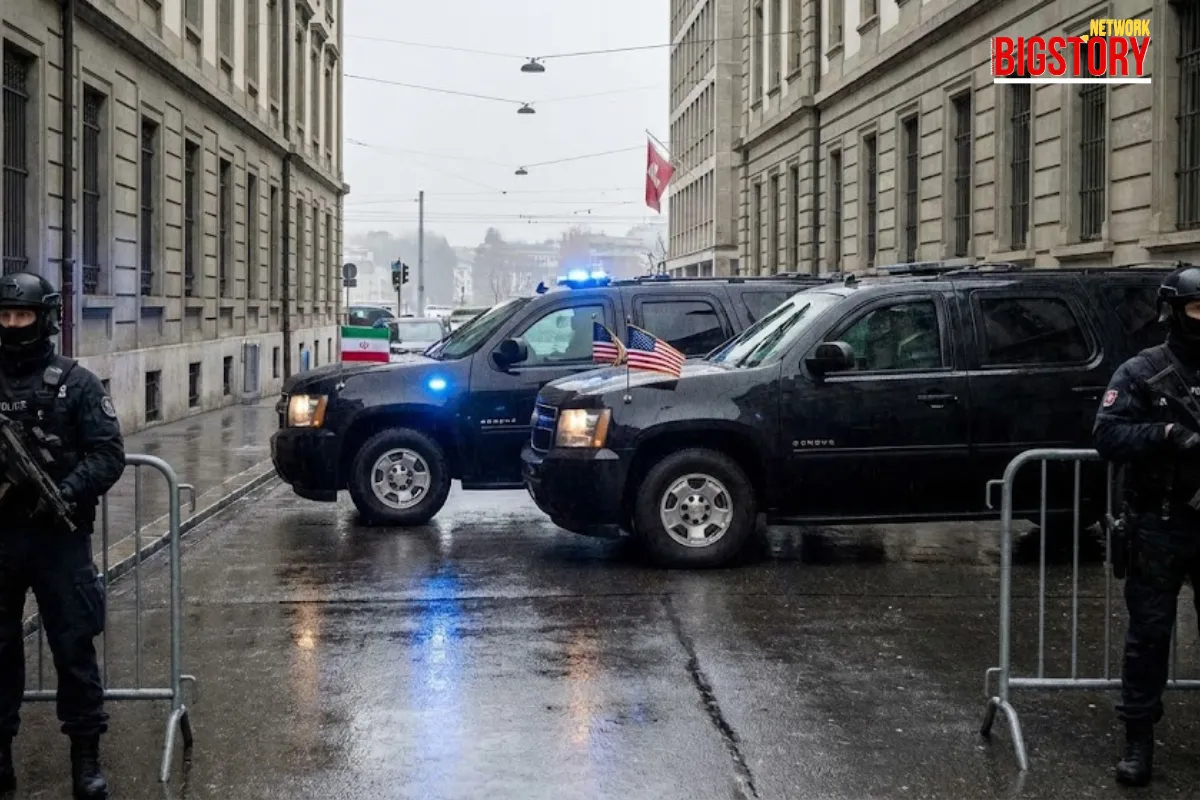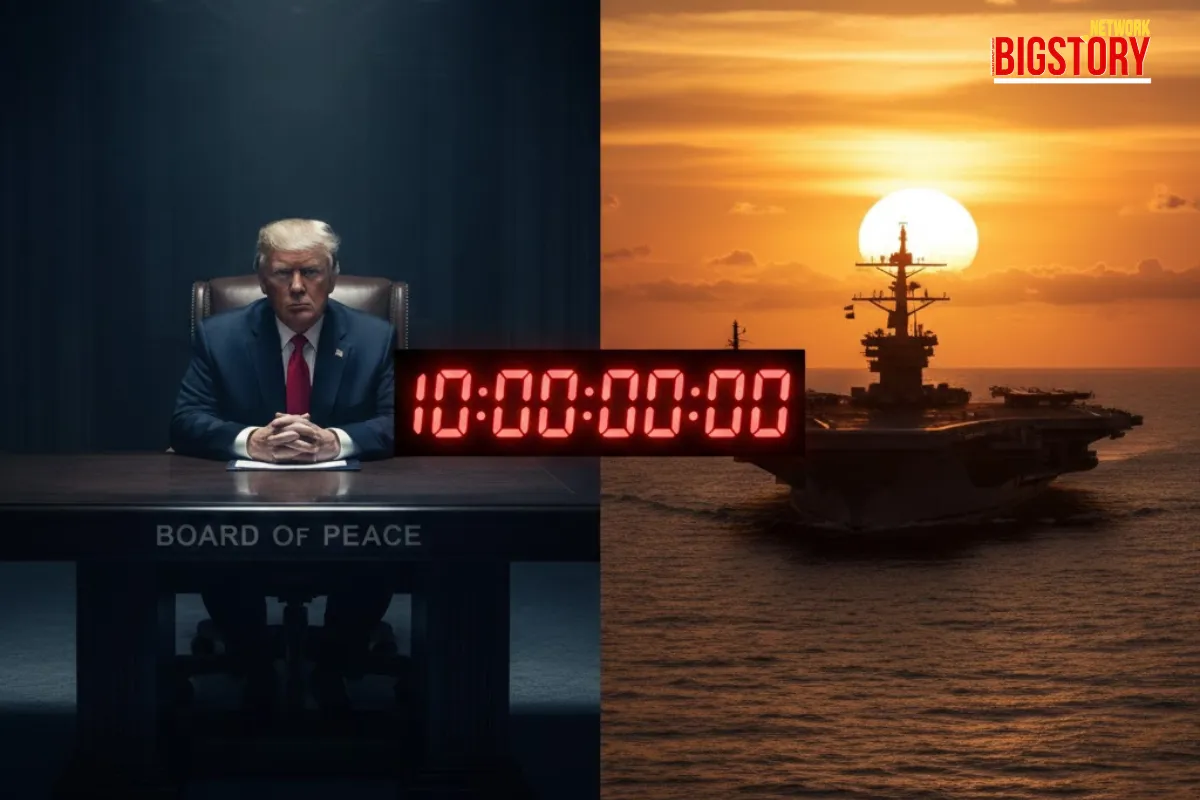France’s PM Sébastien Lecornu resigns after 27 days, plunging Emmanuel Macron’s presidency into chaos amid record deficit, political deadlock, and calls for his resignation.
 Sseema Giill
Sseema Giill

What began as a cabinet dispute has now spiraled into a constitutional breakdown. On Monday, French Prime Minister Sébastien Lecornu resigned after just 27 days in office, making him the shortest-serving head of government in the history of France’s Fifth Republic.
His resignation — coming less than 24 hours after unveiling his new cabinet — marks an unprecedented collapse and has pushed France deeper into its most severe political crisis in decades.
President Emmanuel Macron accepted Lecornu’s resignation but asked him to conduct “final negotiations by Wednesday evening to establish a platform of action and stability for the nation.”
The unusual order — keeping a resigned premier in charge of crisis talks — has left political observers stunned.
Lecornu becomes Macron’s fifth prime minister in less than two years, and the fourth to resign in just over a year, following Michel Barnier, François Bayrou, and Gabriel Attal.
His short-lived administration fell apart over fierce opposition to his cabinet lineup, particularly the appointment of Bruno Le Maire as Defense Minister, which angered conservatives and even some Macron loyalists.
Within hours of his appointment, Le Maire withdrew “to ease tensions,” exposing fractures so deep that the government effectively collapsed before it could function.
France’s paralysis traces back to June 2024, when Macron dissolved the National Assembly after his centrist Ensemble coalition suffered heavy losses in European Parliament elections.
The snap legislative vote produced a hung parliament with no bloc near the 289-seat majority required to govern.
The assembly remains split into three ideological camps:
This fragmentation has made stable governance impossible. Even basic budget measures face gridlock, worsening a fiscal crisis that now threatens France’s credit standing.
France is running the largest budget deficit in the eurozone — 5.4% of GDP in 2025, nearly double the EU’s 3% ceiling.
Public debt is projected to reach 116.7% of GDP by 2026, prompting fears in Brussels that France could soon face penalties for breaching EU fiscal rules.
Financial markets have already reacted sharply:
Economists warn that if a 2026 budget is not passed soon, France will default to an automatic extension of last year’s plan — freezing spending and further eroding investor confidence.
Despite mounting calls for change, Macron has refused to appoint a prime minister from the largest bloc, the left-wing New Popular Front.
Instead, he continues to select centrist loyalists, each of whom has failed to build parliamentary consensus.
Inside the Élysée Palace, aides say Macron is “prepared to take responsibility” if Lecornu’s final talks collapse — though what that means remains unclear.
The president insists he will serve out his term until 2027, but even allies are growing restless.
Former premier Gabriel Attal admitted, “Like many French, I no longer understand the president’s decisions anymore.”
Across France’s political spectrum, leaders are openly calling for Macron’s resignation or fresh elections.
Marine Le Pen, head of the far-right National Rally, called Lecornu’s government “pathetic” and demanded a return to the polls.
Jean-Luc Mélenchon, leader of the far-left France Unbowed, echoed that sentiment, urging Macron to “step aside for the sake of democracy.”
Even former Macron ally Édouard Philippe joined the chorus, saying:
“We are in the midst of a political crisis that dismays our citizens. The president must now focus on resolving this dilemma — even if that means stepping down.”
Public frustration is boiling over. According to recent polls, 53% of French citizens believe Macron should resign, while street interviews reveal anger at the “never-ending carousel” of prime ministers.
France’s turmoil now poses serious risks for the European Union.
With the bloc’s second-largest economy paralyzed, Brussels may soon tighten oversight or sanction France for breaching deficit rules.
The European Central Bank has limited tools to contain France’s bond spreads, as the country no longer meets criteria for its emergency stability programs.
Analysts warn that a French fiscal meltdown could ripple across the eurozone, undermining the continent’s fragile recovery.
Meanwhile, Macron’s foreign policy influence is fading.
Preoccupied with domestic instability, he risks losing relevance in global discussions on Ukraine, Gaza, and NATO — areas where France has traditionally acted as a counterbalance to both Washington and Berlin.
The National Rally, led by Marine Le Pen, has surged to 32% in new opinion polls, compared to 25% for the left coalition and 19% for Macron’s centrists.
If snap elections are held, France could see its first far-right government in modern history — an outcome that would reshape both EU politics and transatlantic relations.
France’s political implosion reveals a deeper challenge to European democracies: fragmentation without function.
Coalition politics — once seen as a symbol of balance — now risks paralyzing governance itself.
Experts describe it as a “decline in the state’s authority”, eroding public trust and fueling populist narratives that democracy no longer delivers.
France’s Fifth Republic was born out of crisis in 1958. Sixty-seven years later, it stands at another crossroads — one defined not by war, but by gridlock.
Whether Emmanuel Macron can salvage stability, or whether France must reinvent its system once again, could define the next chapter of European democracy.
1. Why does France keep changing prime ministers?
Because no political bloc holds a majority in the National Assembly. Each appointed PM struggles to form a workable coalition and eventually resigns under pressure.
2. Can Macron resign or call new elections?
Macron can resign voluntarily but cannot dissolve the Assembly again until June 2025. Without that option, he faces a political deadlock.
3. How does this crisis affect Europe?
France’s deficit and instability threaten EU fiscal unity and could destabilize eurozone markets. It also weakens Europe’s diplomatic voice on global issues.
4. What happens next?
Lecornu will lead final negotiations until Wednesday. If talks fail, Macron faces a choice: appoint a rival bloc’s leader or risk deepening the crisis.






Sign up for the Daily newsletter to get your biggest stories, handpicked for you each day.
 Trending Now! in last 24hrs
Trending Now! in last 24hrs



